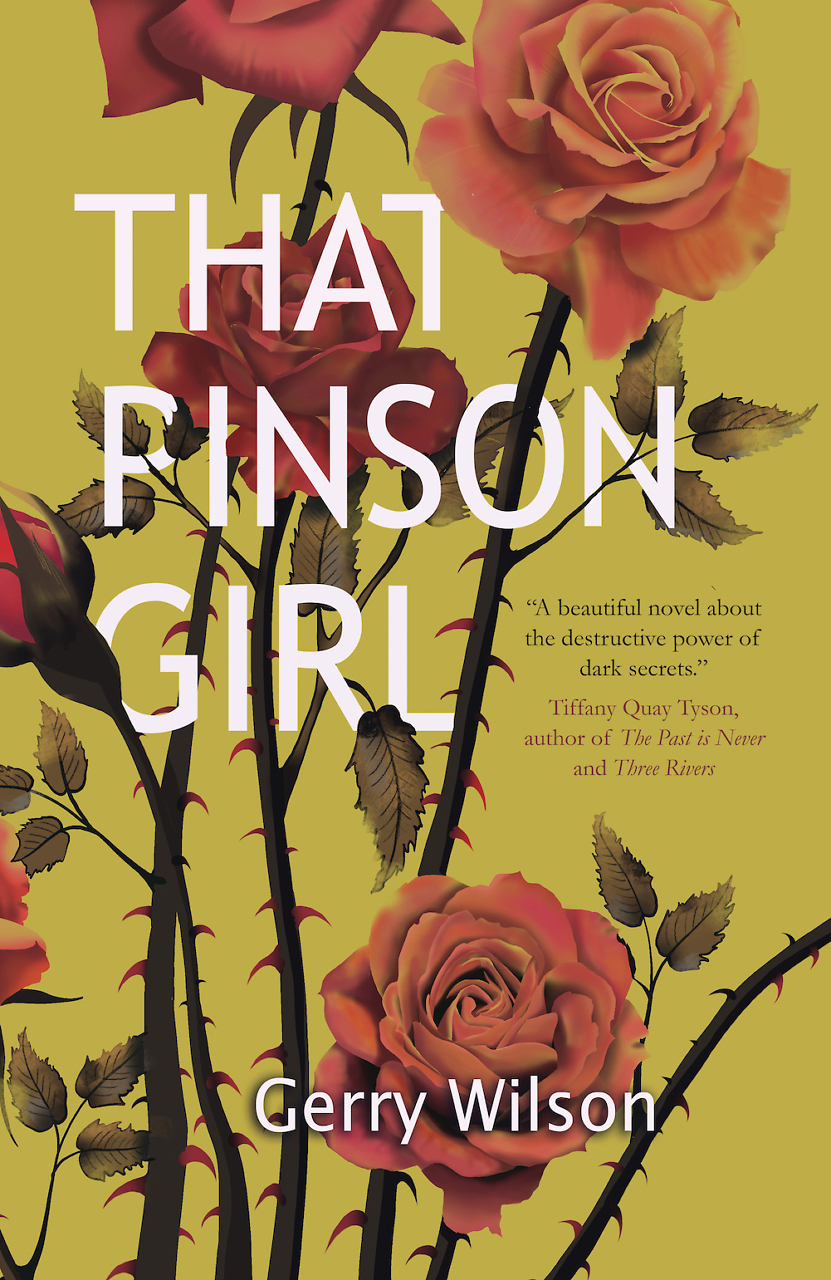The Social Strains of Freedom
Pulitzer Prize-winning columnist Leonard Pitts Jr. plunges into the South of 1865
Freeman, the new novel by syndicated columnist Leonard Pitts Jr., highlights social disruption in the post-Appomattox South. During this time, former slaves struggled to find their lost loved ones, sold away before or during the war. White Southerners, defeated but un-reconciled, resisted change because of both economic necessity and a belief in the “natural” dominance of white people over the “inferior negroes.” For the former slaves themselves, generations of bondage and suppressed personhood provided a pool of hatred ready to erupt into violence.
 Into this stew of tension and continued suppression, “the harsh racial bitterness that made the civil rights movement necessary a century later,” comes Sam Freeman, who literally walks from his library job in Philadelphia to north Mississippi where he last saw his beloved wife, Tilda. He has no idea what may have become of her or whether she has yet forgiven him for his role in the death of their only son, who ran away with his father and was caught and shot by fugitive-slave hunters. Sam’s trek across the defeated South is grueling, dangerous, and virtually hopeless. A traveling companion on the same quest finds his former wife married to another man; Sam himself loses an arm to a bullet meant for somebody else and is subsequently brutally beaten by a white gang frenzied by rumors of an insurrection.
Into this stew of tension and continued suppression, “the harsh racial bitterness that made the civil rights movement necessary a century later,” comes Sam Freeman, who literally walks from his library job in Philadelphia to north Mississippi where he last saw his beloved wife, Tilda. He has no idea what may have become of her or whether she has yet forgiven him for his role in the death of their only son, who ran away with his father and was caught and shot by fugitive-slave hunters. Sam’s trek across the defeated South is grueling, dangerous, and virtually hopeless. A traveling companion on the same quest finds his former wife married to another man; Sam himself loses an arm to a bullet meant for somebody else and is subsequently brutally beaten by a white gang frenzied by rumors of an insurrection.
Meanwhile, Prudence Kent, a white woman, has come to a northern Mississippi town determined to honor the memory of her abolitionist father by setting up a school for freed slaves. The white townspeople are scandalized. The idea that African Americans might better themselves through education or economic independence is unthinkable, especially when that plan is facilitated by a hated Northerner. When local toughs threaten her school, Prudence proposes to arm the night watchmen, and the rumor of a black insurrection is born, which in turn incites the white townspeople to go on a preemptive rampage, burning and killing.
Freeman is full of suffering and violence—Sam, considering a white man in the book, “had not even known it was possible to feel this way, to be filled with so much loathing. And he knew with a sudden stark certainty that he would kill this man if he ever got the chance,” and the book includes examples of the worst possible human behavior, often justified by ideological convictions. But there is plenty of dedicated, selfless heroism, too, and idealistic and impractical stubbornness. It is a richly emotional and ironical tapestry of what people are like, or can be under extreme conditions. Pitts writes to entertain while exploring the complex social issues of the post-war South. That time, the people, the places, and the manifold hardships emerge convincingly from this story.


